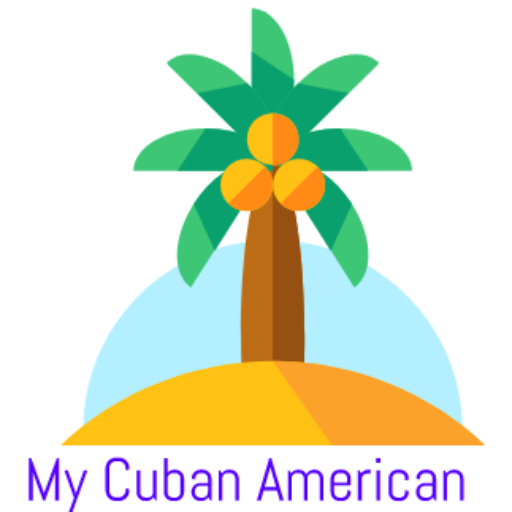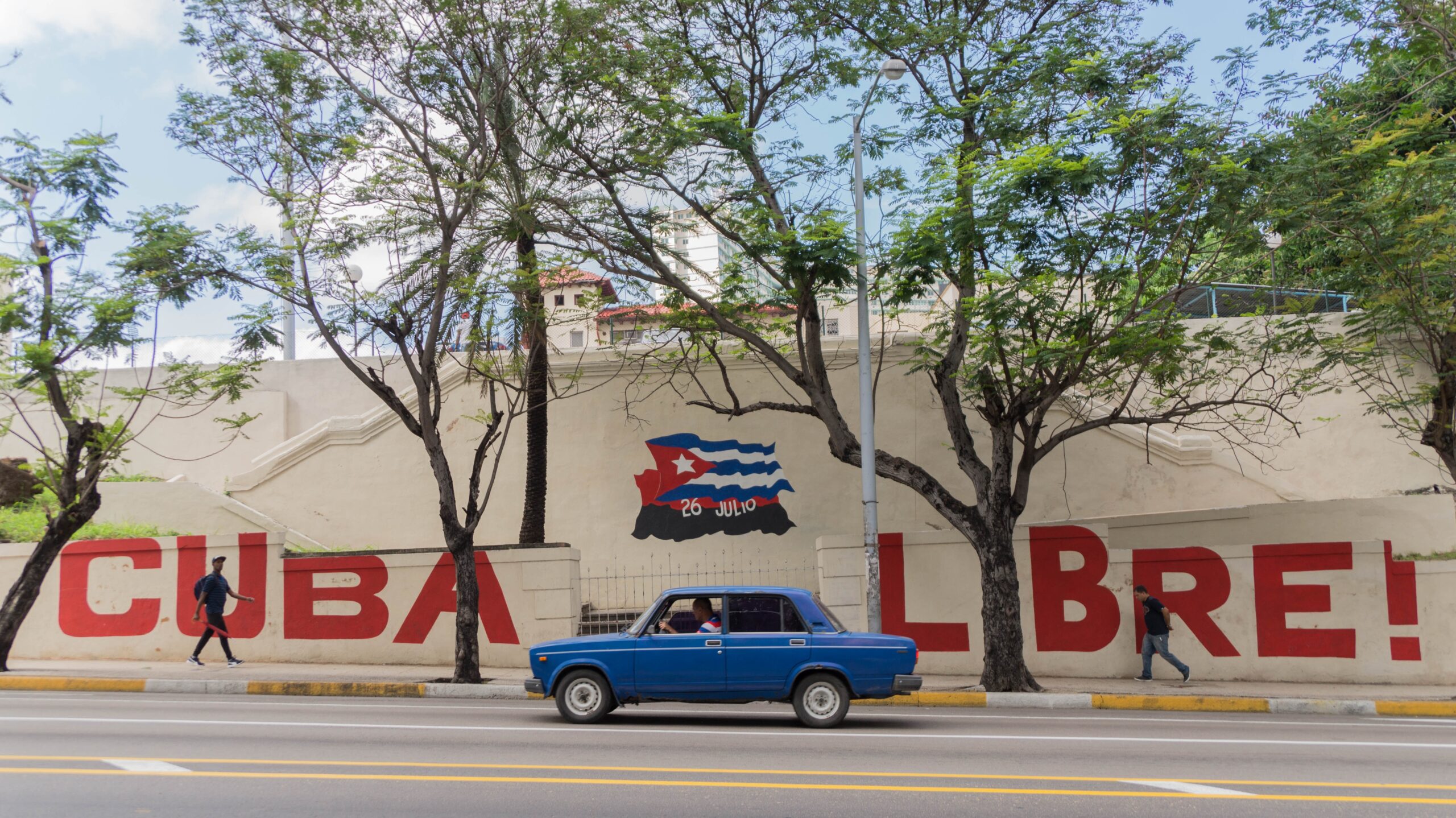Reflections of my childhood in Havana
My loving parents had the typical middle class lifestyle in Havana, Cuba very common in the 1950s pre-Castro era. They were descendants of hard working Spaniards who immigrated to Cuba as a way to escape the Spanish civil war in the early 1920s.
Well documented by historians, the European heritage of Cuban-Americans comes primarily from one source: the Spaniards (including Canarians, Asturians, Catalans, Galicians and Castilians). My paternal grandparents were from the province of Galicia while my maternal grandparents hailed from the Canary Islands. My mother, Teresa, during her teenage years was employed by the local swimsuit factory as a seamstress and my father, Eugenio, drove a freight truck while saving money to start his own grocery store (Spanish: bodega) business venture.
By all accounts, I heard many testimonies as a child about the prevailing concerns expressed by the majority of hard working middle class Cuban citizens who lived throughout the shifting political tide in which Fidel Castro’s regime gained power in the early 1960s. In fact, The Cuban Revolution (Spanish: Revolución cubana) was an armed uprising conducted by Fidel Castro’s revolutionary 26th of July Movement and its allies against the military dictatorship of then Cuban President Fulgencio Batista. The revolution began in July 1953, and continued sporadically until the rebels finally overthrew Batista on December 31, 1958, replacing his government. The 26th of July Movement later reformed along Marxist–Leninist policies, becoming the Communist Party of Cuba in October 1965.
My personal journey begins with a faint memory of sitting on an airplane with my mother and sister at the Havana airport – startled by the loud bang of a noise one typically hears during community fireworks celebrations – turned out to be a blown tire from an adjacent aircraft on the tarmac.
My father booked an initial trip to New York City based upon his relationship with a neighborhood friend – Julio. He relocated as a geographical bachelor to NYC in early 1960 to explore the possibilities of a new future for his family and pursuit of that illusive American dream. Eugenio was soon employed on his work Visa and began the bureaucratic and lengthy process of claiming his wife and two small children via the Cuban embassy. It took almost 18 months, but our family finally received permission to depart Cuba, now under the Castro regime.


